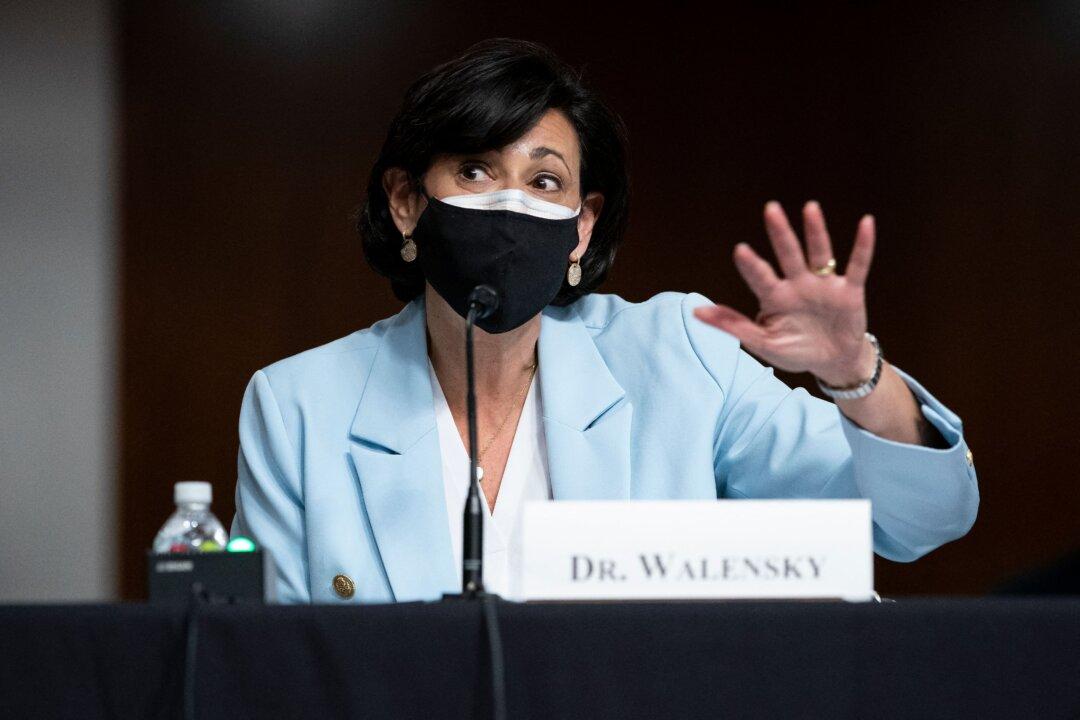U.S. monkeypox cases have more than doubled from a week ago, according to the Centers for Disease Control and Prevention (CDC), as the head of the agency confirmed that the virus is not spreading via airborne transmission.
There are now at least 45 confirmed cases in 15 states and the District of Columbia, the agency’s director, Dr. Rochelle Walensky, said in a press conference on Friday. About 1,300 cases of the virus have been found around the world outside of some African countries, where it is endemic, she added.





